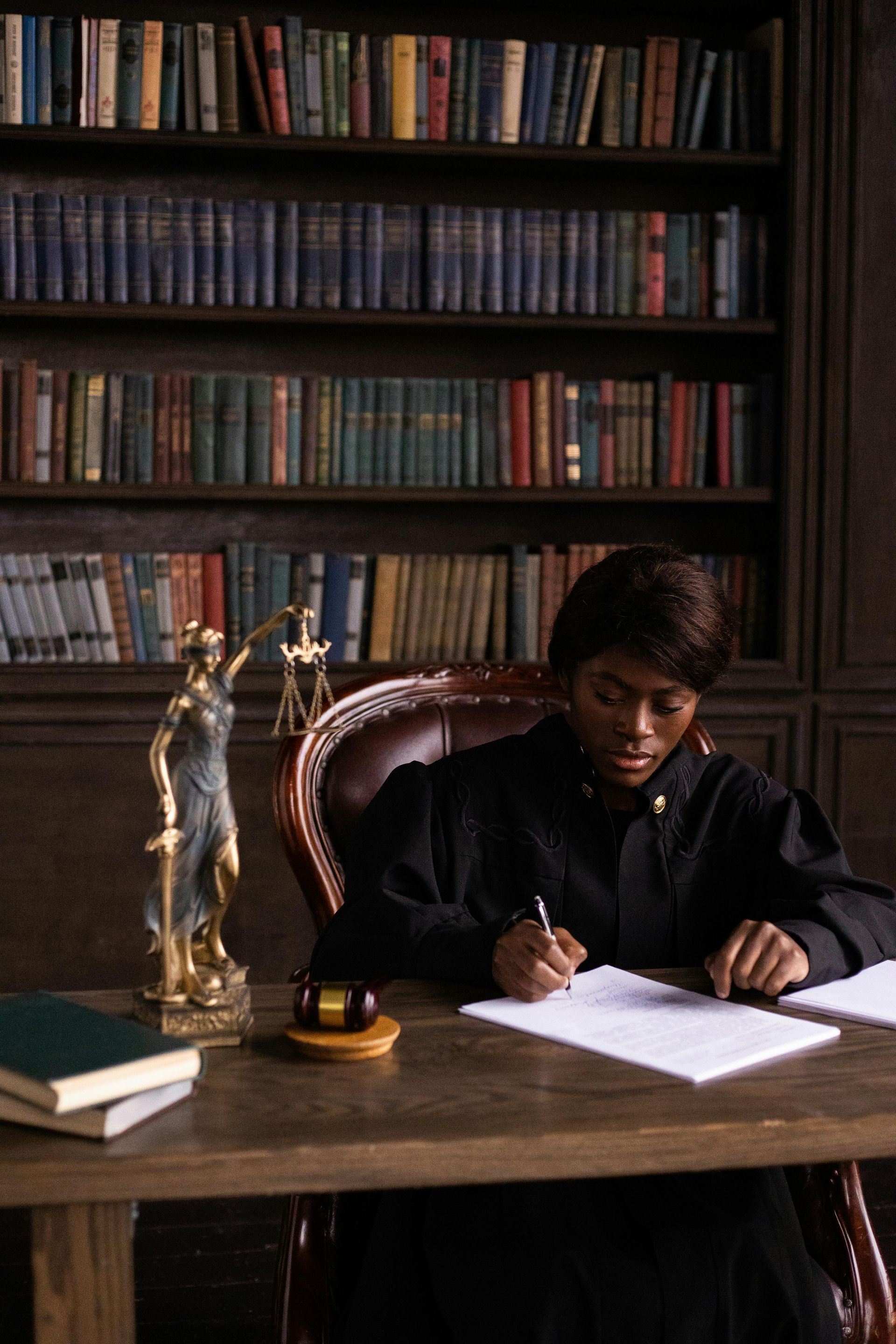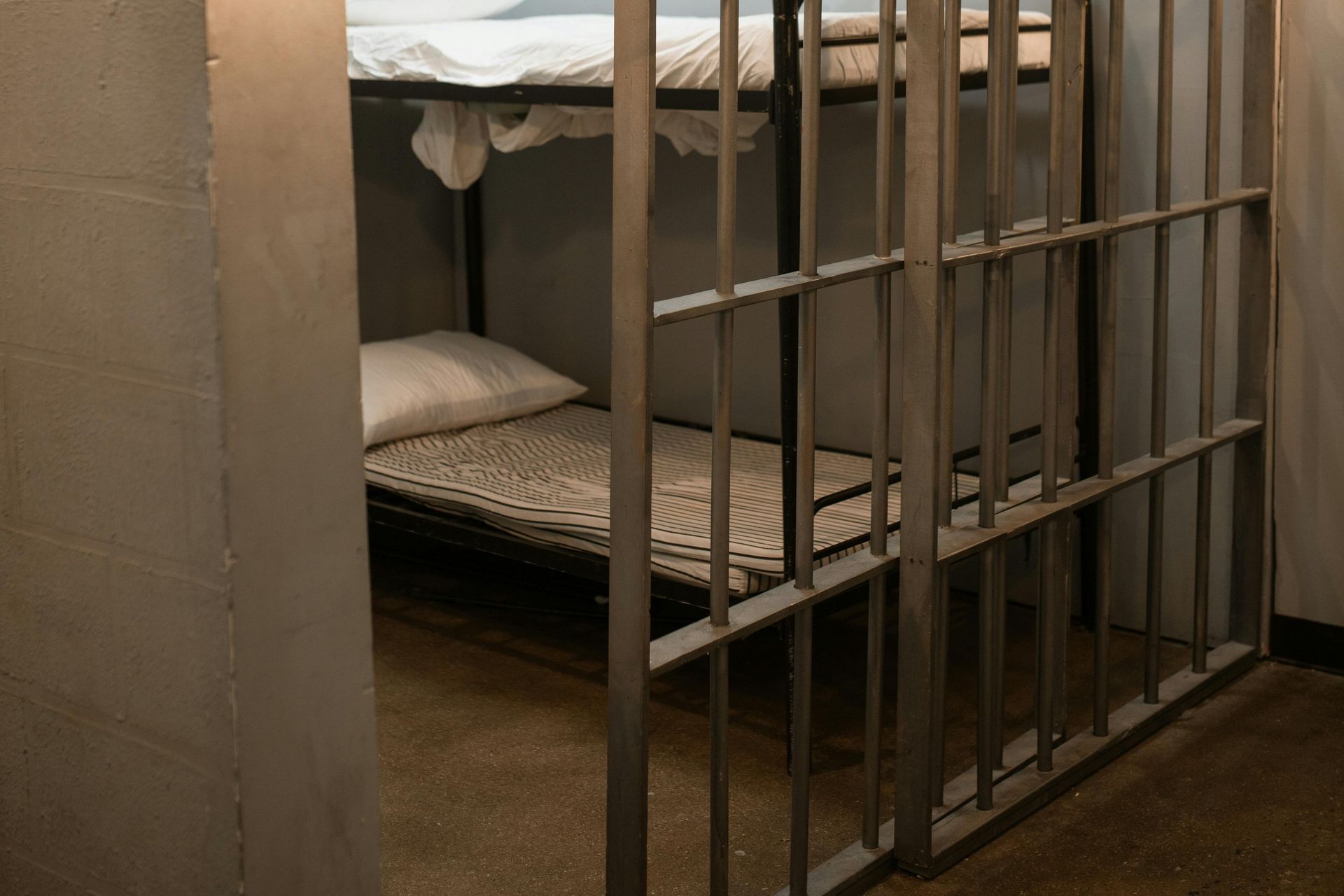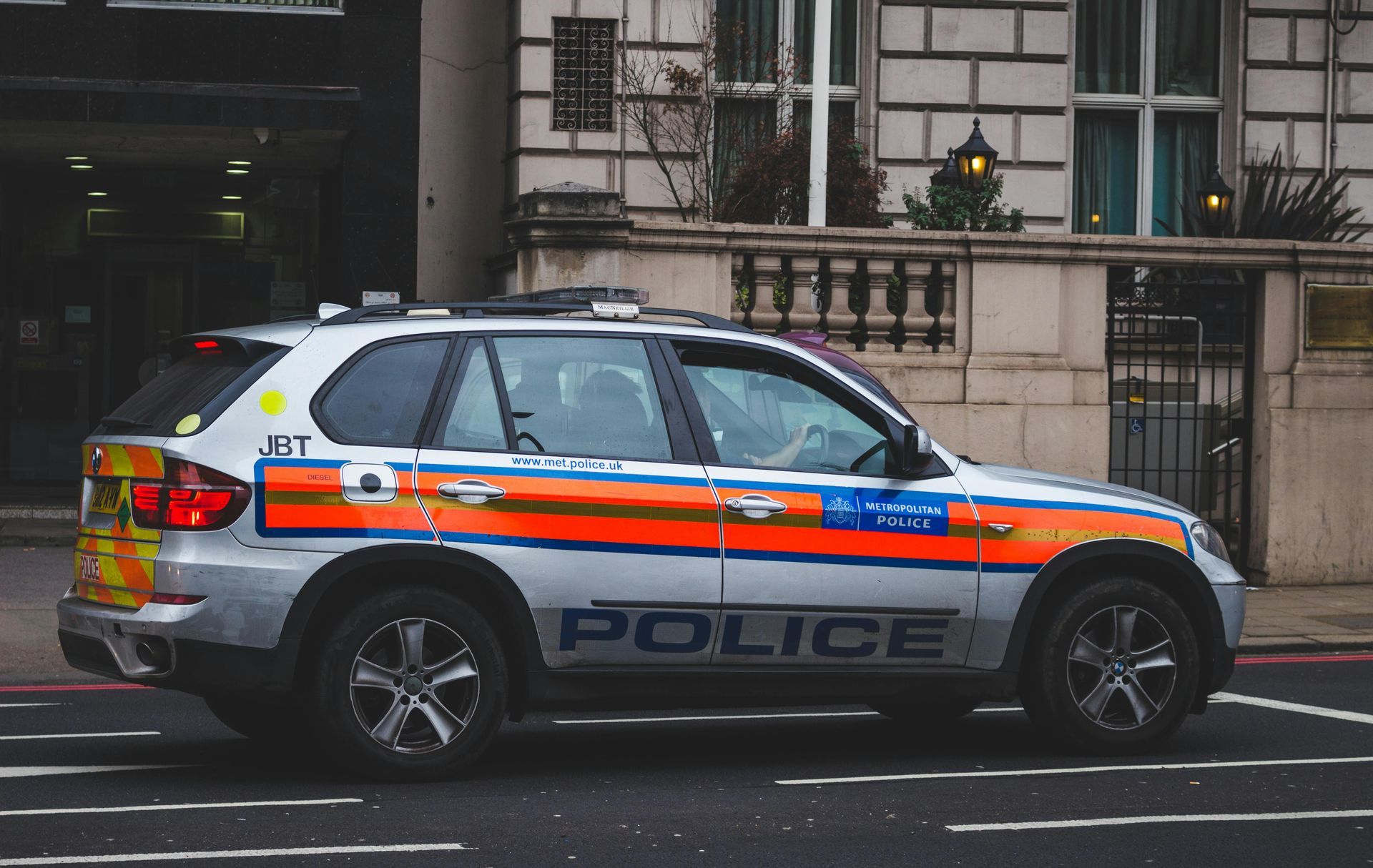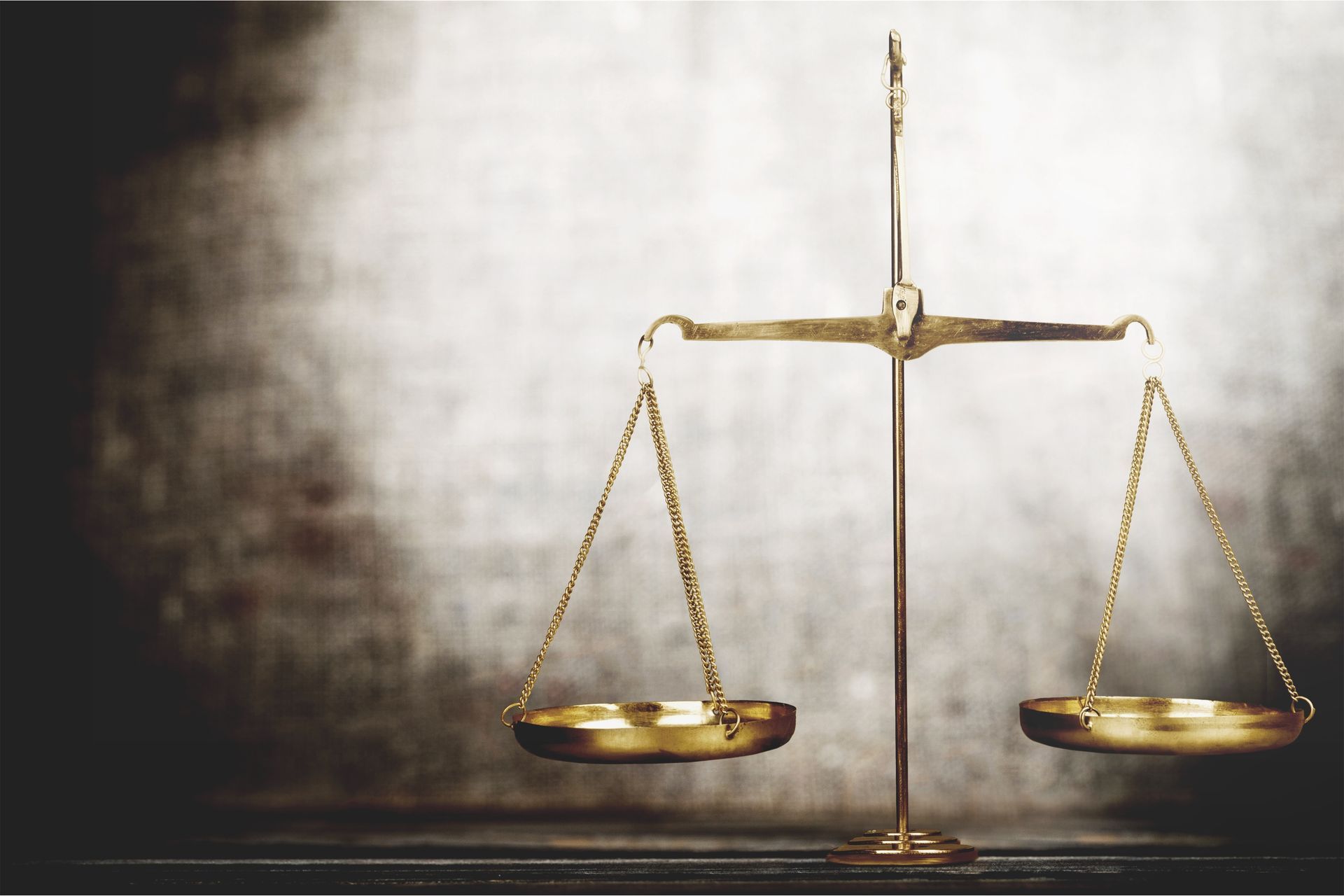Protest Offences
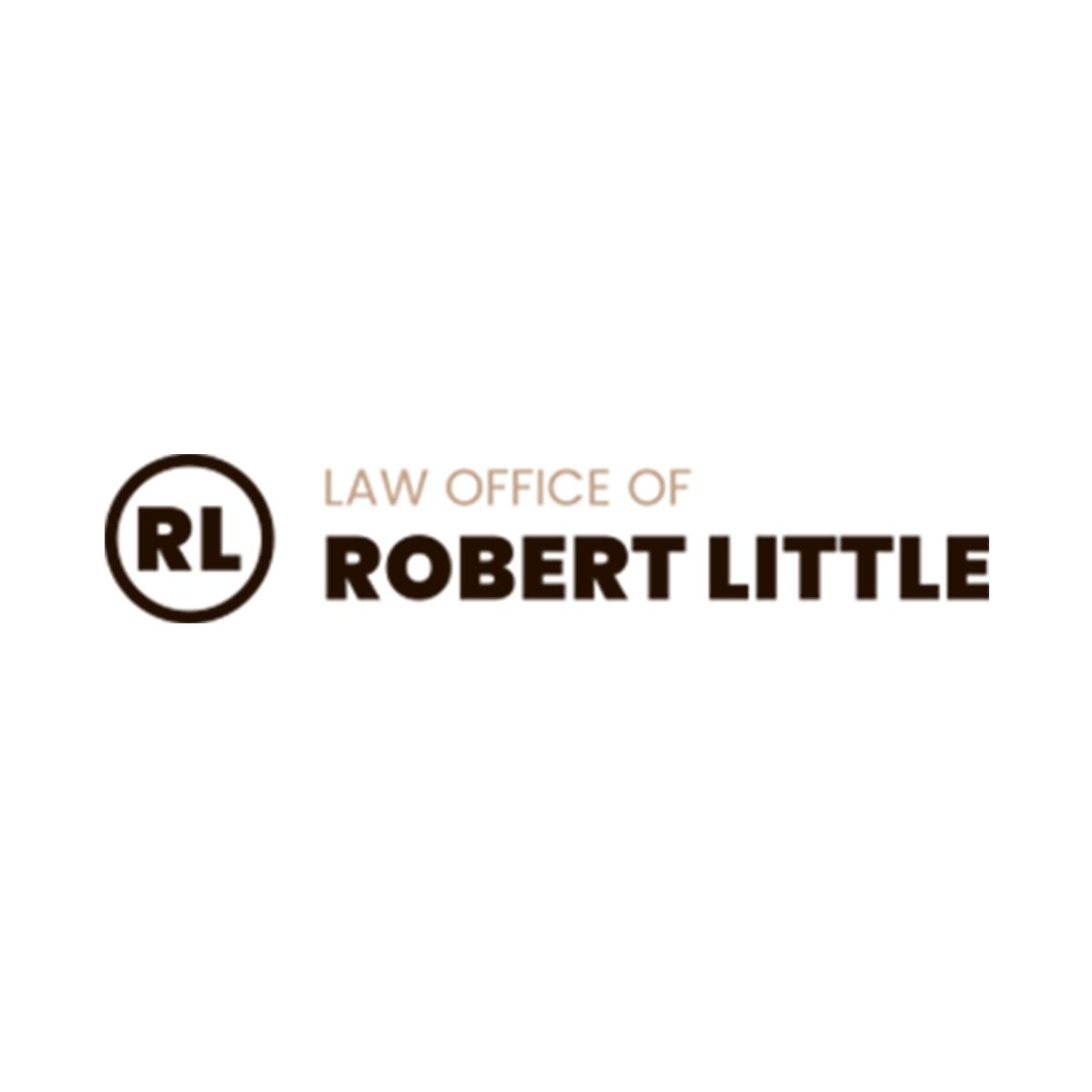
PROTEST OFFENSES
By Robert Little | June 02, 2020
Many people are curious about what sort of offenses people are being arrested for during the protests following the death of George Floyd.
California Penal Code section 409 provides for a misdemeanor offense for remaining present at the scene of a riot or unlawful and assembly after police have warned people to disperse.
The statute was written in 1872 and has not been amended since.
It's useful to compare this statute to California Penal Code section 416, which prohibits assembling for the purposes of disturbing the public peace and not dispersing upon being commanded to disperse by police.
In order to convict, the District Attorney would have to show that the defendant was present at an unlawful assembly. It is not sufficient that you were at a protest. Moreover, the district attorney would have to show that you were told by police to get out of the crowd. See People v. Sklar (Cal. App. Dep't Super. Ct. Nov. 3, 1930), 292 P. 1068, 1930 Cal. App. LEXIS 20.
Courts have found that there is no probable cause to support the arrest of someone who went to a demonstration intending to take photographs or to serve as a legal advisor. Dubner v. City & County of San Francisco (9th Cir. Cal. Sept. 4, 2001), 266 F.3d 959, 2001 U.S. App. LEXIS 19594. That is to say, that in order to be guilty of this offense and for a non-participant, the protest has to involve a sufficient threat of violence.
Absent any proof of violence, these offenses are misdemeanors. Nonetheless, defendants should not be going into court and pleading guilty and getting misdemeanors on their records. Virtually all conduct for which people have been cited or arrested is legal conduct. An experienced criminal defense lawyer should be able to achieve very good results for you, including acquittal at trial, dismissal, or diversion.

